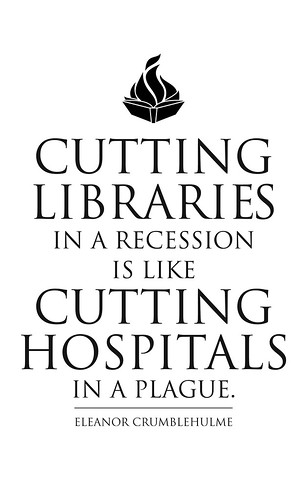Sometimes we hear people say "we are in a Recession - we can't afford to be thinking about things like Knowledge Management".
Here are five reasons why that viewpoint can be challenged.
- Recession is a time of change and disruption, when old business models and assumptions crumble, and new models need to be worked out quickly. The company that does not learn and adapt, does not survive. "Surviving recession" now becomes Critical Knowledge Topic #1. If, as I do, you view Knowledge Management as the systematic and strategic acquisition and deployment of knowledge, then KM need to be turned up to maximum setting, and aimed at "Learning how to survive".
- When the value of your financial assets is low, you look to release the value from your other assets. Knowledge is an asset you have for free - you already own it. Why not see how much value you can release from this (often unmanaged) asset?
- When work is slack, you have the time and the resources to release this value. You can direct people towards identifying crucial knowledge, developing current best practice, and using the know-how of the organisation to rework and improve processes, procedures and business models, so that when the upturn comes, you hit the ground running (and running much faster than your competitors). Think about it - what does a football team do between matches? They learn and they train. They study themselves, they study their past performance, they study their opponents, and they improve their performance for the future. What does an army do, between wars? They learn and they train. They study themselves, they study their past performance, they study their opponents, and they improve their performance for the future. So what should a bank, or a business, do between business cycles? The answer seems obvious.
- A downturn is a time when your knowledge starts to leave the building. With every departing employee, some critical know-how disappears. You need to employ KM to retain, as best you can, some of this knowledge. Now is not the time to be letting assets leak away.
- A recession is a time when you need to learn new skills. For example, one of the most distressing and risky activities in a downturn is downsizing (ie making people redundant). Distressing for obvious reasons, risky because it distracts employees from the safe and effective operation of their work, can cause negative publicity both locally and nationally, and can leave the remaining staff disenfranchised and insecure. Maybe that's why the Knowledge Asset we built in 1998 in BP on effective downsizing was considered so valuable. We looked at historical downsizing exercises, we drew out lessons learned and good practices, and we documented the secrets of downsizing quickly, effectively, fairly and openly; to minimise disruption, anxiety and insecurity. This knowledge was then applied in several downturns in South America, and proved very useful indeed.





No comments:
Post a Comment